Textos
© by Ricardo da Costa © 1995-2024
All rights reserved.
© by Ricardo da Costa © 1995-2024
All rights reserved.
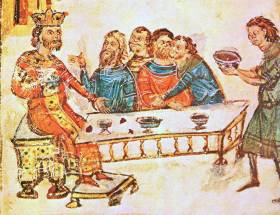
68
Preface to Mirabilia Journal 09 (2009)
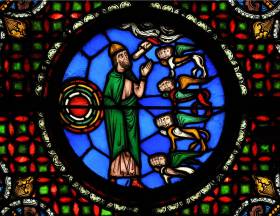
67
The Metaphysics of Light of Pseudo-Dionysius the Areopagite in the artistic conception of Abbot Suger of Saint-Denis.
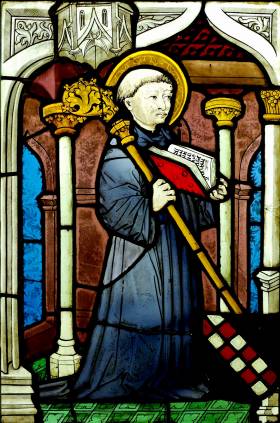
66
The concept of soul developed in mysticism of abbot Bernard of Clairvaux (1090-1153). For this, I will analyze extracts of five writings namely the Third Series of Sentences, three of his Liturgical Sermons, and the parabola The Three Children of the King.
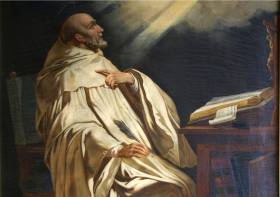
66
The concept of soul developed in mysticism of abbot Bernard of Clairvaux (1090-1153). For this, I analised extracts of five writings namely the Third Series of Sentences, three of his Liturgical Sermons, and the parabola The Three Children of the King.
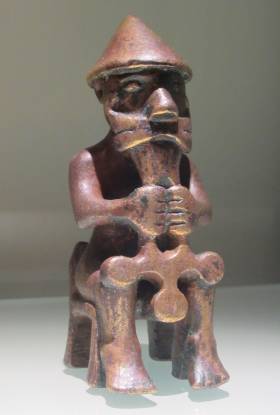
65
This work analyses the Íslendingabok (XII century) written by Ari Þorgilsson fróði (1069-1148), the Hungrvaca (c.1200-1206) and the Kristni Saga (c.1250-1284) in relation to the Icelandic 10th-13th centuries’ political context and the archaeological records. Our aim was to approach the progressive concentration of power by wealthy Icelandic farmers during the Middle Ages.
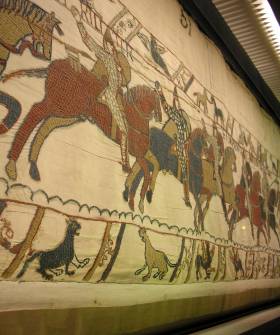
64
Brief story of the Bayeux Tapestry.
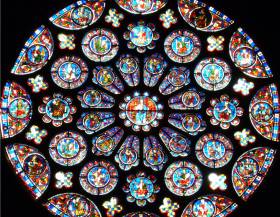
63
The concept of Science in the Middle Ages, particularly in Isidore of Seville, Hugh of St. Victor, Bernard of Clairvaux, Thomas Aquinas and Ramon Llull.
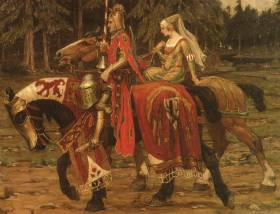
62
Magazine article about medieval chivalry.
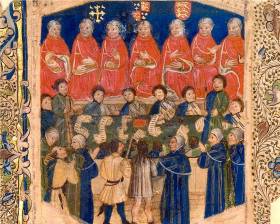
61
Two views about the medieval lawyers. One of the Cistercian tradition, represented by St. Bernard of Clairvaux; another, by the philosopher Ramon Llull.
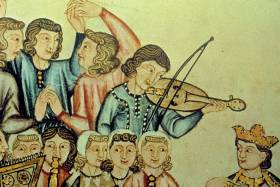
60
The importance of courtly love and the jesters in Education of the Middle Ages: the troubadours William of Aquitaine and Ramon Llull.
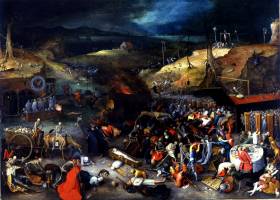
59
Saint Thomas Aquinas’ doctrine on the human death.
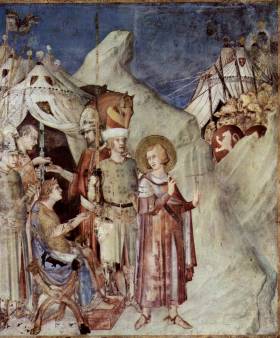
58
Introduction to the Book of Wonders by Ramon Llull.
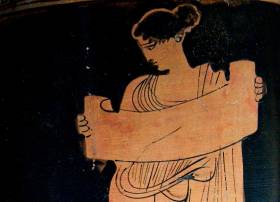
57
The meaning and function of History.
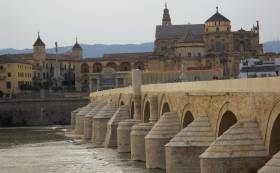
56
The conquest of Cordova by Saint Ferdinand III.

55
The pogroms occurred in the Rhineland in 1096 analized in the comparative method in the reading the sources, Hebrew as well as Christian chronicles.
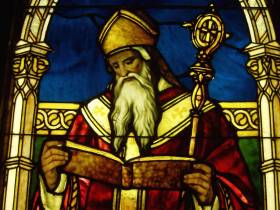
54
The medieval vision about Memory and your importance for Education through six authors: Augustine of Hippo, Alcuin of Yourk, John of Salisbury, Hug of Saint Victor, Saint Bernard of Clairvaux and Ramon Llull.
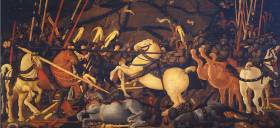
53
Medieval tournaments through three documents: Chronicle of the Counts of Hainaut, Le Chevalier de la Charrette and a one Sermon by Jacques de Vitry.
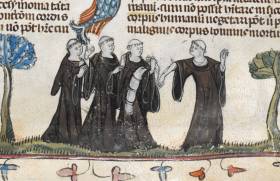
52
The article analyses aspects of the medieval monastic education in the XIth century and the doubts raised by the teachers of that time about the use of texts from the pagan classical literature. As base for our analysis, we took the moralizing testimony of benedictine abbot Guibert of Nogent (c.1055-1125).
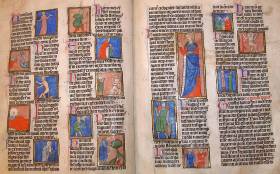
51
With his New Rhetoric (1301), Ramon Llull was one of the last medieval thinkers to address the issue.
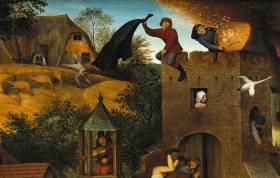
50
Study of the The Book of the Thousand Proverbs by Ramon Llull and the importance of proverbial tradition in the Middle Ages.
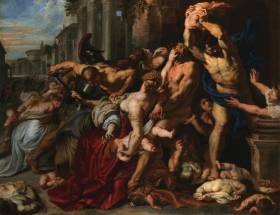
49
There is one chapter by Félix or The Book of Marvelous in wich the protagonist of the novel – by name Felix – asks a question for hermit why the man is good or bad.

48
Our propose is to present the Saint Bernard of Clairvaux´s vision about evil.
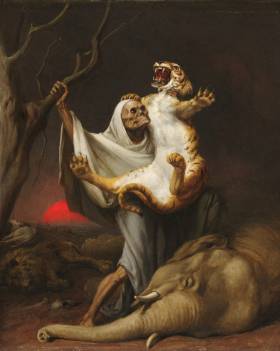
47
The meditatio mortis in The Book of Man (1300) by Ramon Llull.
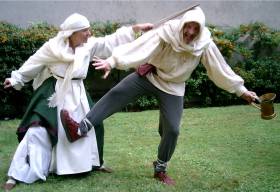
46
Analysis of two fabliaux and the status of women in the Middle Ages.
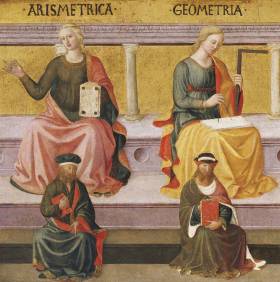
45
Being part of a post-doctoral research undertaken at the Universitat Internacional de Catalunya (UIC, Barcelona), kindly sponsored by a grant from the Generalitat de Catalunya, this work analyses the definitions and classifications pertaining to the seven liberal and mechanical arts, as presented in the works of Ramón Lull.
